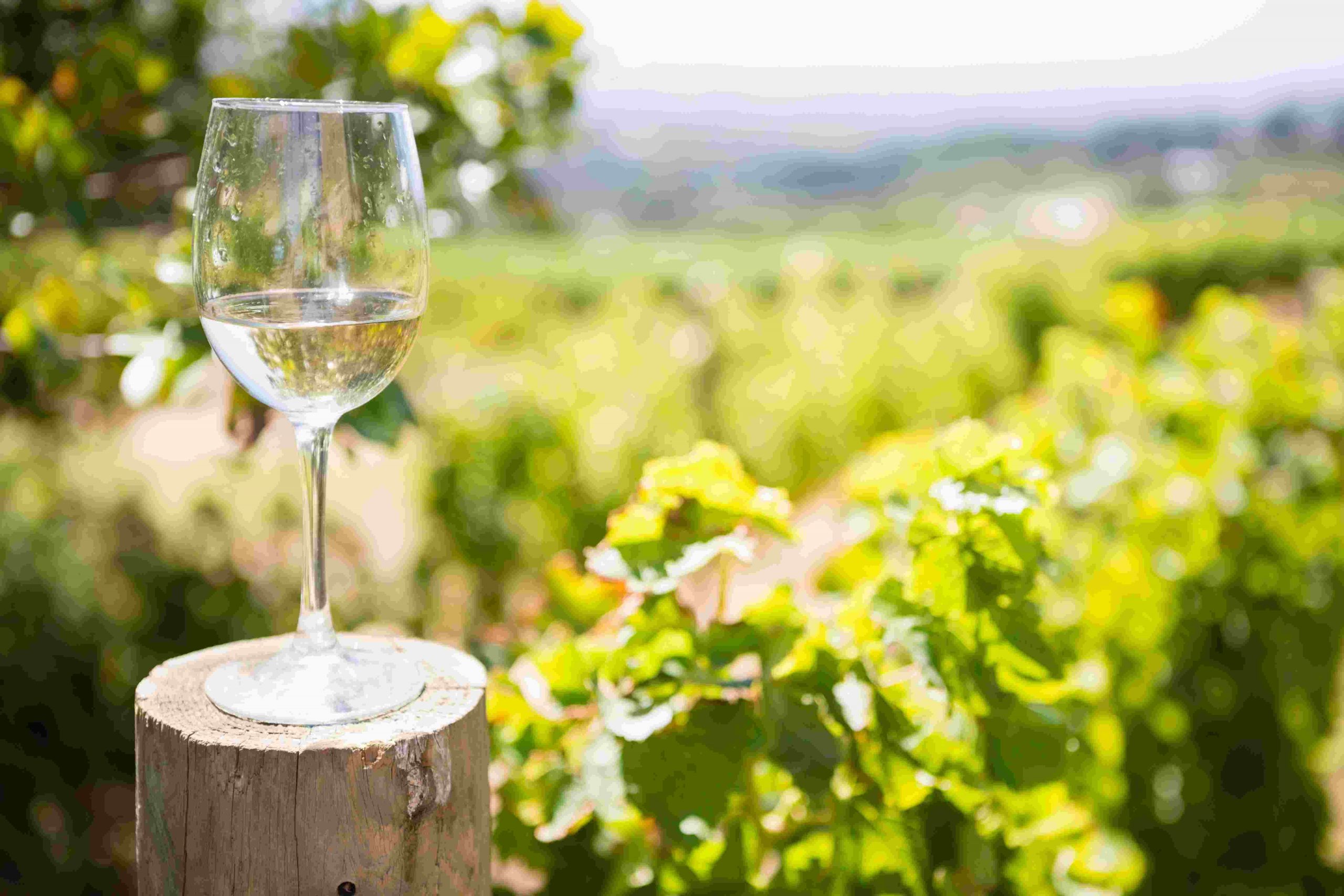I love August because it begins the Franciacorta harvest. Starting with the southern slopes of Mt Orfano where the Chardonnay, Pinot Nero, and Pinot Bianco harvest always begins earlier than the more central zones, thanks to the area’s specific microclimate.
‘2022 is definitely an unusual year. It initially looked optimal with top production and grape health standards, and hot dry weather. Especially in June and July, which is testing vineyards and winemakers to the full’, says Flavio Serina, Consorzio Franciacorta’s head of research and development. ‘Rain in the last week of July is mitigating the water stress situation and generating expectations of a very early harvest but one which looks very interesting indeed.’
The Start
Budding started at the same time as earlier years. Chardonnay budding began on 29 March in the earliest areas with the latest zones beginning on 8 April. The Pinot Nero budding window this year was from March 29th to April 12th. In contrast to 2021, on the other hand, there was no ice damage.
Flowering was much earlier, around a week earlier than the last three years. The flowering window for Chardonnay was 15 to 23 May and for Pinot Nero, it was 19 to 23 May.
The Seasons
There were two hailstorms in late May and early June causing considerable but localized damage. Which did not jeopardize Franciacorta production potential. The hail was early enough to avert significant further grape damage. The grapes are in optimal health, in fact, with very limited powdery mildew and Peronospora attacks with the same being true of vine moth.
In climatic terms, it has been a year of very limited rainfall. It is clear, in fact, that rainfall in the first six months of the year – around 189mm – has been around half of the average levels, of around 418mm, over the last five years. It should be added that average temperatures in July were well over the average of the last four years (28.1°C as against 25.4°C).
Rain
Long term this absence of rain and high temperatures prompted water stress. In some areas in which the terrain is looser and in younger vineyards. On average the vineyards coped well with this exceptional situation. But this last week’s rain has certainly given Franciacorta’s central area a much-needed break, with rainfall of 20 to 35mm.
‘Over the last two months there has been no respite in the hot weather and the almost total absence of rainfall’, explains Mario Falcetti. Who sits on Consorzio Franciacorta’s board in a technical capacity, ‘and these two factors are taken together led to expectations of stress. Which have been alleviated by this last week’s rain.’
Production forecasts considered excellent until May were downgraded in the light of the lack of rainfall over the last two months. But they remain good, with an increase of 25% on the previous year expected.
Consorzio Franciacorta is the body which guarantees and monitors Franciacorta production standards, as the first Italian wine produced exclusively with the bottle refermentation process to have obtained the Protected and Guaranteed Designation of Origin (DOCG) denomination in 1995. The consortium’s work takes various forms: safeguarding the brand and the area. Promoting the product in ongoing work on the production regulations and standards. Raising consumer awareness, and promoting Franciacorta as an expression of an area, a wine, and a production method. Founded on 5 March 1990, its head offices are in Erbusco, in the heart of Franciacorta. The consortium is presided over by Silvano Brescianini and has 121 wine estate members.





